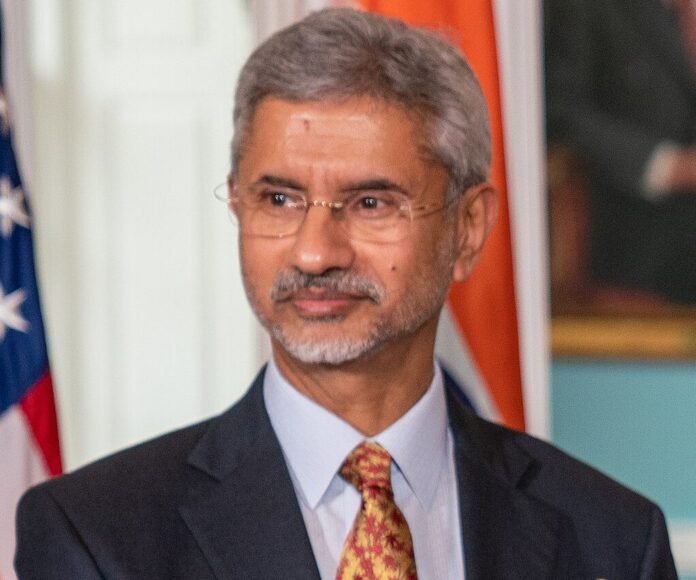Jaishankar warns Bangladesh to stop its hostile rhetoric, urging Dhaka to decide its stance with India
India has issued a blunt warning to Bangladesh, cautioning against growing hostility and “ridiculous” accusations targeting New Delhi. External Affairs Minister Dr S Jaishankar stated that Bangladesh must decide whether it wants a cooperative relationship or continue its pattern of blaming India for its internal troubles.
His remarks come just days after a meeting with Bangladesh’s Foreign Affairs Adviser Touhid Hossain in Muscat. Speaking at a public event, he criticised Bangladesh’s interim government, which has increasingly turned against India since the departure of former Prime Minister Sheikh Hasina in August 2024.
Jaishankar stated that if leaders in Dhaka continue to blame India for every problem, many of which he called “absolutely ridiculous,” then they cannot expect a strong relationship with New Delhi. He made it clear that Bangladesh must choose its path rather than sending mixed signals.
Embed from Getty ImagesAccording to sources, India has grown frustrated with Bangladesh’s shifting political stance since Hasina’s exit. The current interim leadership has taken an increasingly aggressive approach towards India, making baseless allegations while still claiming to seek good relations.
During the event, Jaishankar pointed out this contradiction, stating that Bangladesh cannot demand closer ties while simultaneously targeting India with hostile rhetoric. He stressed that Dhaka’s leaders must clarify their position rather than playing both sides.
Concerns have also been raised regarding the safety of religious minorities in Bangladesh. Jaishankar specifically addressed the increase in communal violence, saying it is a serious issue affecting India’s perception of its neighbour. Reports indicate that India has urged Bangladesh to crack down on extremist elements to prevent further persecution.
Beyond the political blame game, New Delhi is also worried about Bangladesh’s handling of terrorism. Sources suggest that Indian officials view Dhaka’s stance on extremism as a growing security threat.
Jaishankar directly addressed this concern during his meeting with Hossain. He made it clear that India expects a de-escalation in tensions but will not tolerate Bangladesh normalising terrorism or extremist rhetoric.
With tensions between the two nations rising, Bangladesh now faces a crucial decision—either continue its confrontational approach or work towards restoring diplomatic ties. India’s message has been delivered in no uncertain terms: it will not tolerate baseless accusations or any form of support for extremist elements.
The next move is up to Dhaka.
